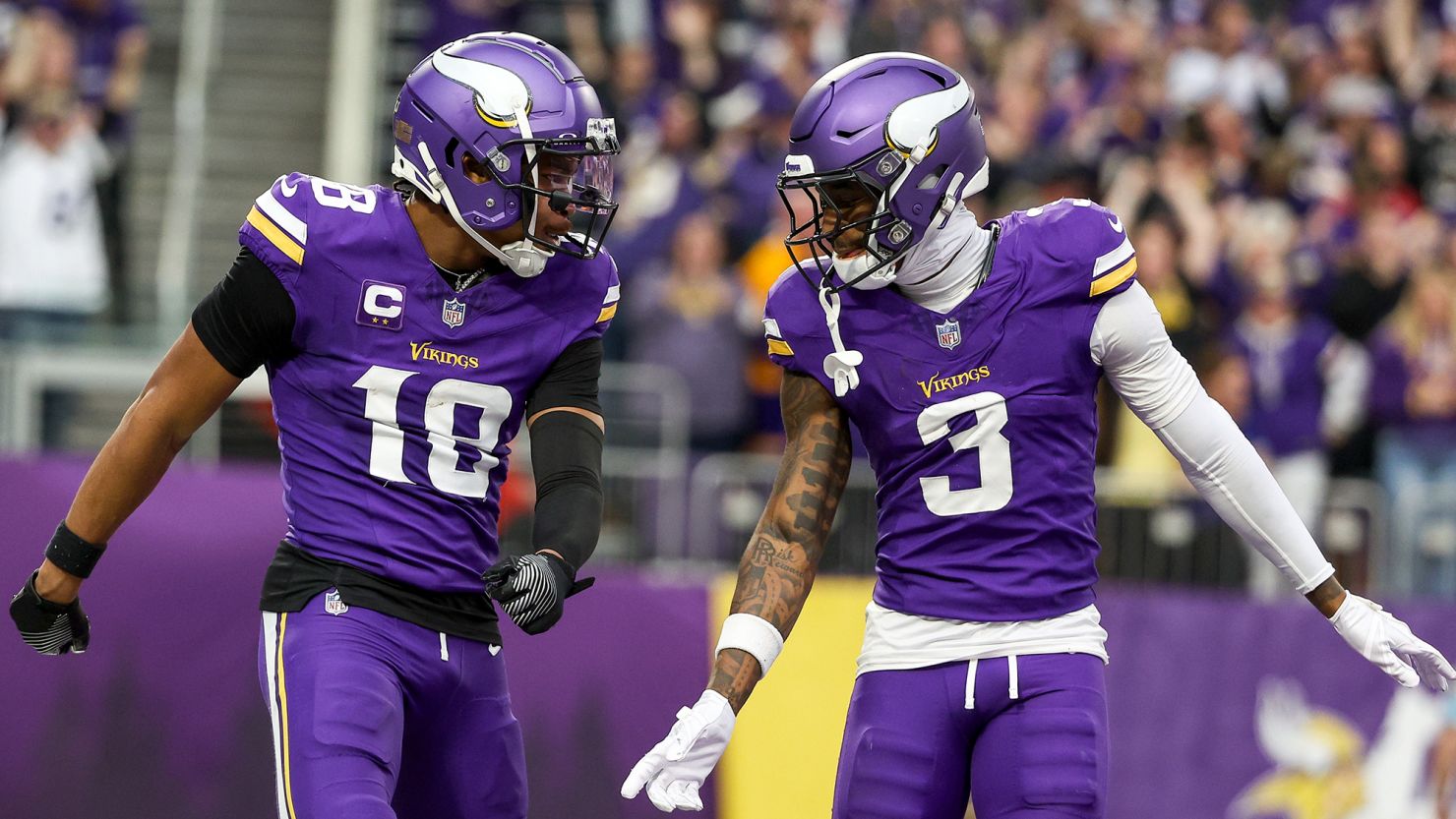While While Real Madrid is no stranger to high-profile transfer sagas involving elite players, the buzz surrounding the club’s next managerial appointment has taken center stage. Xabi Alonso, currently guiding Bayer Leverkusen through a historic period, has confirmed that he will step down at the end of the season. The timing of his departure has only intensified speculation about a potential homecoming — this time as the man on the touchline at the Bernabéu.
With Carlo Ancelotti reportedly preparing to lead the Brazilian national team, Real Madrid’s eyes are turning toward one of their most iconic former midfielders. Alonso’s transformative influence in Germany has drawn significant admiration, having engineered a remarkable turnaround at Leverkusen and delivered their first-ever Bundesliga title in just his first full campaign in charge.
The sentimental pull of bringing Alonso back is undeniable. Yet, from a tactical perspective, integrating his philosophy into the current Madrid squad presents both exciting possibilities and serious questions.
From Leverkusen to Legend
When Alonso took over a struggling Leverkusen side in the autumn of 2022, the club sat precariously near the bottom of the Bundesliga table. Fast forward 18 months, and the narrative had flipped entirely. Leverkusen achieved an undefeated domestic season, clinched the Bundesliga title, reached a European final, and displayed a brand of football defined by precision, control, and discipline.
Analyzing their performance through the lens of expected goals (xG) highlights the evolution. Alonso’s initial focus was on shoring up the defense and regaining compactness. That stability became a launchpad. Strategic signings such as Alejandro Grimaldo, Granit Xhaka, and Victor Boniface supercharged the team’s attacking output. The result: a dominant run that saw Leverkusen scoring at least two goals in each of their first 15 matches in 2023-24.
While the latter stages of the current season have seen a slight dip in offensive output, the consistency remains exceptional. Barring a loss in the Europa League final to Atalanta and a setback against RB Leipzig, Leverkusen have largely been unmatched. If they win their remaining league matches, they’ll secure the second-highest points tally in club history.
Tactical DNA: Structure Meets Flexibility
Alonso’s go-to system at Leverkusen has been a 3-4-2-1 formation, though he has shown flexibility when required. At its core, his tactical setup is built on a solid back three, high-flying wing-backs, and a double 10 system that overloads central areas. Xhaka operates as the team’s deep-lying orchestrator, while attackers like Adli, Tella, and Wirtz — when fit — operate in the half-spaces to devastating effect.
Still, this structure isn’t rigid. Alonso has periodically employed back-four formations, especially in games demanding greater tactical adaptability. His coaching ethos prioritizes possession-based control, swift counter-pressing, and fluid central progression — hallmarks that align with modern elite-level football. This flexibility could be key if he takes over a Madrid side packed with unique personalities and world-class individualism.
Tactical Fit at Real Madrid: Promise and Pitfalls
Real Madrid, for all their firepower, have battled inconsistencies — many of them stemming from defensive vulnerabilities. Under Ancelotti, the team has often relied on attacking brilliance to compensate for a lack of structural coherence. Their average expected goals against (xGA) per match remains higher than one might expect for a title-chasing side.
In contrast, Alonso’s Leverkusen has thrived by preventing such gaps from developing in the first place. Their high pressing metrics — leading the Bundesliga in attacking-third recoveries — showcase an out-of-possession structure that actively generates offensive opportunities. In comparison, Madrid’s pressing statistics suggest a more passive approach, one that might not easily lend itself to Alonso’s demands.
Implementing his model in Madrid would likely necessitate a cultural shift. Players like Kylian Mbappe and Vinicius Jr. are known for their attacking flair, not their defensive work rate. Whether they’d buy into a more structured and intensity-driven system remains to be seen.
Dressing Room Dynamics: Can Alonso Lead Madrid’s Superstars?
One aspect working in Alonso’s favor is his reputation. As a player, he won league titles in England, Spain, and Germany, and lifted both the Champions League and World Cup. His decorated career commands instant respect, and his coaching credentials — particularly an invincible season with Leverkusen — further bolster his credibility.Tactical Fit at Real Madrid: Promise and Pitfalls
Yet, Real Madrid’s recent history suggests that tactical purists have struggled to thrive at the helm. Coaches like Julen Lopetegui, Rafael Benitez, and Manuel Pellegrini struggled to impose system-heavy structures and exited without silverware. Meanwhile, pragmatists like Ancelotti and Zinedine Zidane have excelled by empowering players through trust and flexibility rather than strict tactical regimentation.
Alonso would represent a shift from this approach. His methodology requires commitment to positional play, coordinated pressing, and deliberate buildup. Whether Madrid’s star-studded squad would adapt to these standards — or whether the club’s leadership would offer him the time and patience to implement them — remains an open question.
The Road Ahead: Challenges and Opportunities
Should Alonso assume the Real Madrid job, the opportunity to sculpt a new tactical identity could be his most ambitious project yet. Reinforcements are likely, with central defense, central midfield, and left-back among the areas needing upgrades. The anticipated arrival of Trent Alexander-Arnold from Liverpool could also offer Alonso a full-back tailor-made for his progressive style.
Ultimately, while the tools may be at his disposal, orchestrating them into a coherent and dominant force — akin to the finely tuned Leverkusen machine — will be the true test.
Conclusion
Alonso’s time at Bayer Leverkusen has proven that he is not just a student of the game but a visionary coach capable of elevating teams beyond expectations. A return to Real Madrid would be poetic — but poetry alone won’t win titles. Whether Alonso’s intricate tactical framework can flourish in the high-pressure, star-laden environment of the Bernabéu is a story yet to unfold.
One thing’s certain: should he succeed, Real Madrid could be on the brink of a new era defined not just by individual brilliance, but by tactical excellence.


